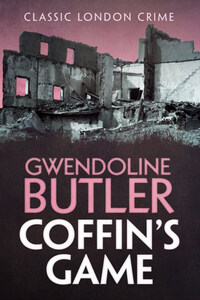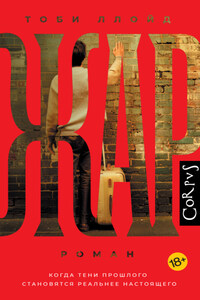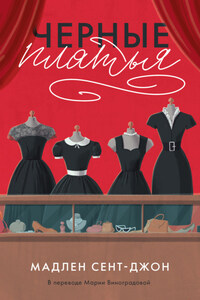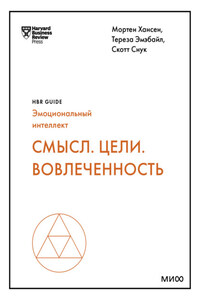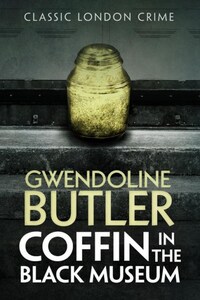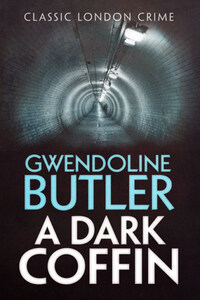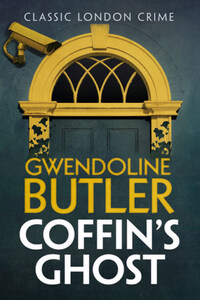GWENDOLINE BUTLER
COFFIN’S GAME
Published by HarperCollinsPublishers 77–85 Fulham Palace Road Hammersmith, London W6 8JB
www.harpercollins.co.uk
First published in Great Britain by HarperCollinsPublishers 1997
Copyright © Gwendoline Butler 1997
Gwendoline Butler asserts the moral right to be identified as the author of this work
Cover layout design © HarperCollinsPublishers 2014
Cover photographs © Shutterstock.com
A catalogue copy of this book is available from the British Library.
All rights reserved under International and Pan-American Copyright Conventions. By payment of the required fees, you have been granted the nonexclusive, nontransferable right to access and read the text of this e-book on-screen. No part of this text may be reproduced, transmitted, downloaded, decompiled, reverse-engineered, or stored in or introduced into any information storage and retrieval system, in any form or by any means, whether electronic or mechanical, now known or hereinafter invented, without the express written permission of HarperCollins e-books.
HarperCollinsPublishers has made every reasonable effort to ensure that any picture content and written content in this ebook has been included or removed in accordance with the contractual and technological constraints in operation at the time of publication.
Source ISBN: 9780006510116
Ebook Edition © JULY 2014 ISBN: 9780007545483
Version: 2014–07–08
My thanks to Professor Geoffrey Lee Williams for help about terrorism and terrorists, and to Inspector Euan Forbes and John Kennedy Melling for details of technical procedures.
A brief Calendar of the life and career of John Coffin, Chief Commander of the Second City of London Police.
John Coffin is a Londoner by birth, his father is unknown and his mother was a difficult lady of many careers and different lives who abandoned him in infancy to be looked after by a woman who may have been a relative of his father and who seems to have acted as his mother’s dresser when she was on the stage. He kept in touch with this lady, whom he called Mother, lodged with her in his early career and looked after her until she died.
After serving briefly in the army, he joined the Metropolitan Police, soon transferring to the plain-clothes branch as a detective.
He became a sergeant and was very quickly promoted to inspector a year later. Ten years later, he was a superintendent and then chief superintendent.
There was a bad patch in his career about which he is reluctant to talk. His difficult family background has complicated his life and possibly accounts for an unhappy period when, as he admits, his career went down a black hole. His first marriage split apart at this time and his only child died.
From this dark period he was resurrected by a spell in a secret, dangerous undercover operation about which even now not much is known. But the esteem he won then was recognized when the Second City of London was being formed and he became Chief Commander of its Police Force. He has married again, an old love, Stella Pinero, who is herself a very successful actress. He has also discovered two siblings, a much younger sister and brother.
For the urban terrorist, logistics are expressed by the formula MDAME.
|
M
|
mechanisation
|
|
D
|
money (dinheiro)
|
|
A
|
arms
|
|
M
|
ammunition (municos)
|
|
E
|
explosives
|
Minimanual of the Urban Guerrilla
Carlos Marighella
Despite the popular image there is no reliable archetype of terrorist personality. While they are undeniably cruel, virtually none has been found to be clinically mad. But there are always exceptions.
A recurring syndrome is what psychiatrists call externalisation, coping with failure by blaming an outside source.
Terrorism
Professor Geoffrey Lee Williams
Alan Lee Williams
Institute for European Defence and Strategic Studies
‘The Chemin des Dames, that’s the name,’ said Charles. ‘Do you know that in 1917 the whole French Army was in revolt because of the terrible deaths on the Chemin des Dames. That wonderful army that Napoleon built, reduced to chaos and despair … that’s the mood I want to create with our bombs. Then we can rebuild society.’
Not me, thought Jerry. I’m a soldier, I get instructions from above, I do the job, and walk away. Also, I get paid.
There were three of them in the rented room above an empty shop in Mordecai Street; the neighbours, such as took any interest, thought they were charity workers helping Africa or Tibet.
Present were Jerry, the supreme professional, the leader and the technician on the bomb, Andrew, an old colleague on the bomb run, and Charles, the college graduate, the sort to go out on a crusade. Jerry found him useful, but did not trust him.
